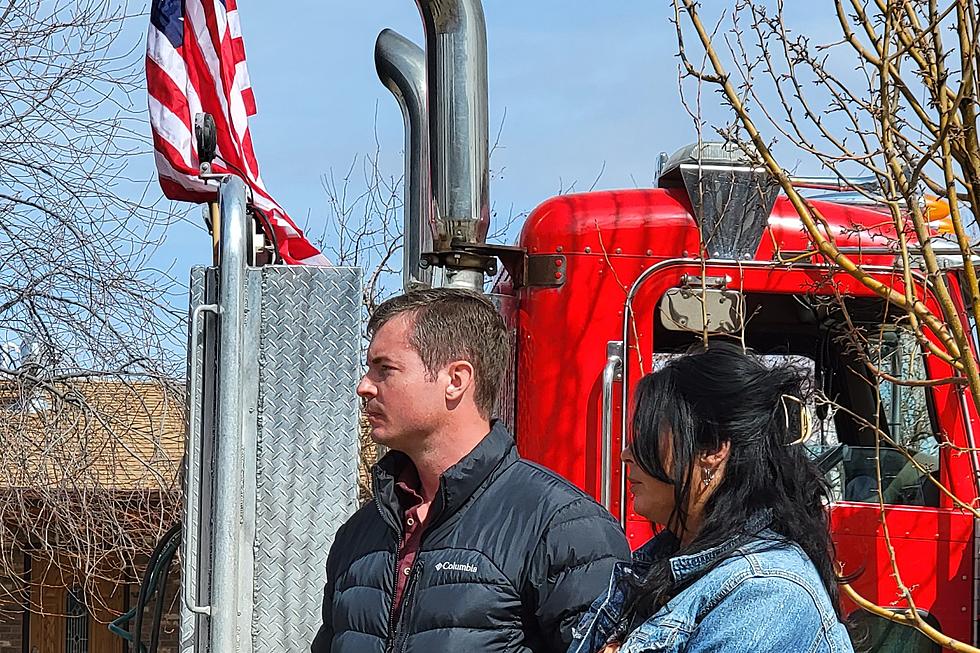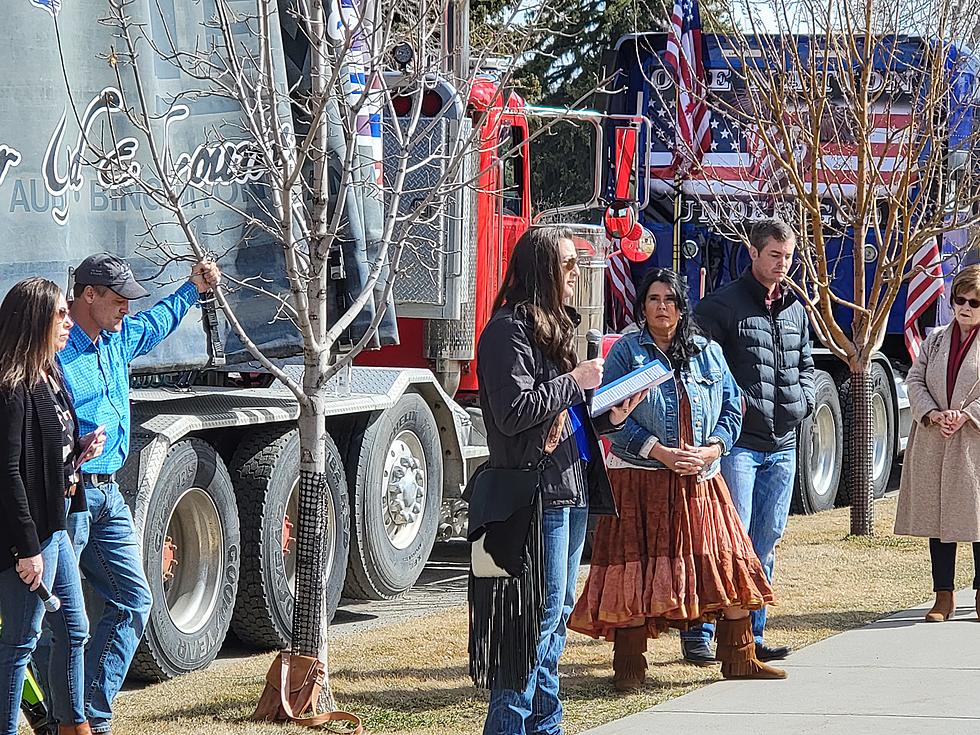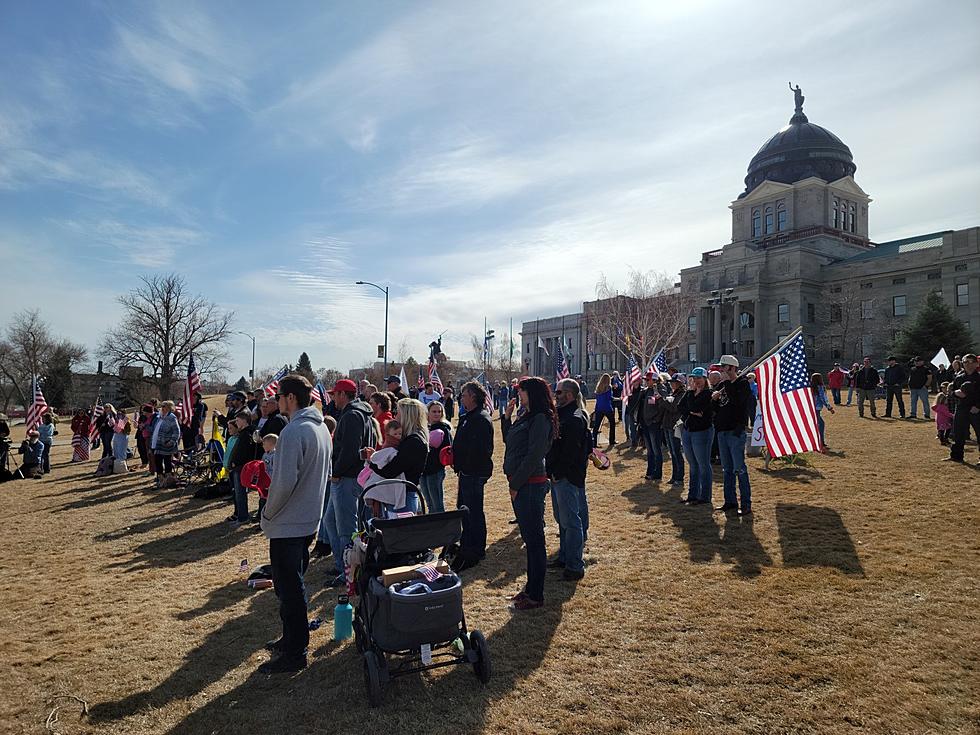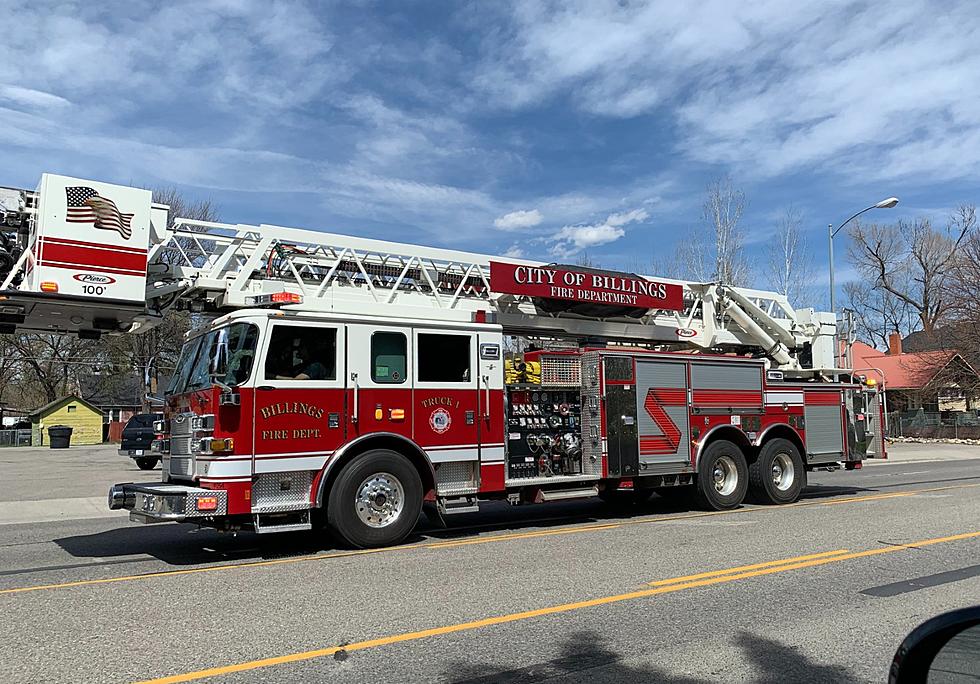
BIA Sexual Assault Victim Sues to Hold the Federal Government Liable
The Montana Supreme Court will hold an oral argument in Missoula on April 15 in conjunction with Law Day events there. The argument will be in the case L.B. v. USA, in which a woman seeks to hold the federal government liable for an on-duty Bureau of Indian Affairs officer’s sexual assault of her, which resulted in her pregnancy.
Oral Argument is set for Friday, April 15, 2022, at 10:00 a.m. in the George Dennison Theatre on the campus of the University of Montana in Missoula. The introduction to the oral argument provides context for the oral argument and will begin at 9:30 a.m. in the same location.
The Montana Supreme Court docket may be read here.
Attorneys John C. Heenan and Timothy M. Bechtold represent Appellants L.B. and her child, and attorneys Mark S. Smith and Victoria Laeder Francis represent Appellees Dana Bullcoming, the United States Bureau of Indian Affairs, and the United States of America.

Friend of the court briefs were filed by the Montana Association of Counties; the Montana League of Cities and Towns; ACLU and ACLU of Montana Foundation; Civil Rights, Women’s Rights, and Government Accountability Organizations; and the National Indigenous Women’s Resource Center and Sovereign Bodies Institute.
L.B. filed suit in federal court under the Federal Tort Claims Act, seeking to hold the United States liable for the misconduct of Bureau of Indian Affairs Police Officer Dana Bullcoming. While he was on duty as a BIA officer, Officer Bullcoming threatened to charge L.B. with child endangerment because she was intoxicated in her children’s presence, then had nonconsensual sex with her that resulted in pregnancy. After a paternity test proved he impregnated L.B., Officer Bullcoming pled guilty to 18 U.S.C. § 242, deprivation of rights under color of law, and was sentenced to three years in the custody of the U.S. Bureau of Prisons.
The U.S. District Court for the District of Montana, Billings Division, concluded that the United States was not liable for L.B.’s claims arising out of this incident because Officer Bullcoming was not acting within the scope of his employment with the BIA when he sexually assaulted L.B. The court interpreted Montana case law to mean that the scope of employment only includes the actions an employee undertakes “in furtherance of his employer’s interest.”
L.B. appealed to the Ninth Circuit Court of Appeals on the issue of whether the sexual assault occurred within the scope of Officer Bullcoming’s employment, and she asked the Ninth Circuit to certify that question to the Montana Supreme Court. The Ninth Circuit’s order may be read here.
The Montana Supreme Court accepted the following question of law: Under Montana law, do law-enforcement officers act within the course and scope of their employment when they use their authority as on-duty officers to sexually assault members of the public?
Other states have considered factual situations similar to the one presented here and have concluded that the scope of a law-enforcement officer’s employment may include on-duty sexual assault – even when the scope of other areas of employment may not – because of the significant authority law-enforcement officers possess over others.
While the Montana Supreme Court decides hundreds of cases a year, it almost always bases its decisions on the briefing submitted by the parties and rarely sets one for oral argument. This case is the fourth case set to have oral argument this year. The Court’s oral argument schedule may be found here.
Get to Know Missoula A to Z
I Bought an Old House in Missoula: It's My First Time Renovating
28 Missoula Businesses That Opened, Changed Ownership, or Changed Location
More From KMPT-AM









